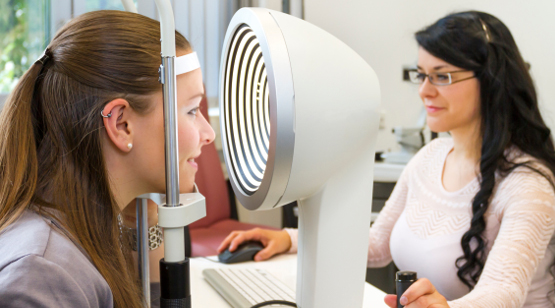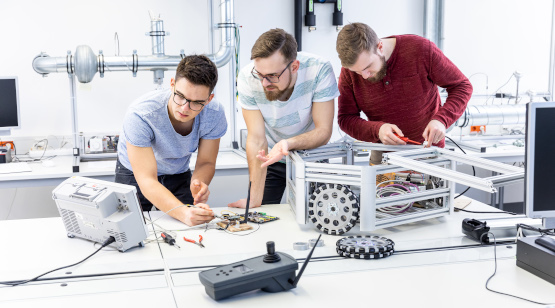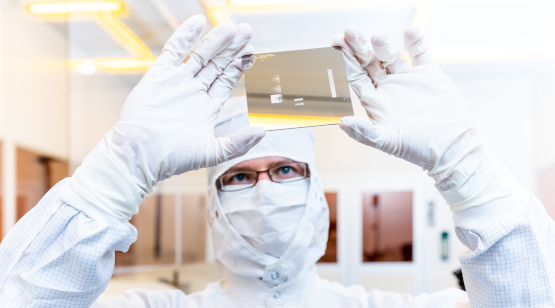
Medical Engineering (B.Eng.)
The medical and health industry is one of the largest economic sectors and therefore also opens up a wide range of employment opportunities. Medical technology products from Germany are in demand all over the world.
As a graduate of the Bachelor's degree programme, you can perform the following tasks, especially in hospitals, clinics and companies:
- Clinical use of medical physics and technology
- Development, sales, service and maintenance of medical technology products, devices and equipment
- Assumption of special medical-technical application tasks
- Quality management and certification
- Participation in testing, monitoring and standardisation committees
Your Bachelor's degree qualifies you for a career in the civil service.
After graduating with a Bachelor's degree, you have the option of studying for an advanced Master's degree. The Department of Medical Engineering and Biotechnology offers a consecutive Master's programme in Medical Engineering.
Your career opportunities
Your tasks:
- Technical advice and support in the development / optimisation of packaging to ensure rational workflows.
- Creation and maintenance of technical packaging data for procurement, production and quality control (packaging specifications, packaging scheme)
- Initiation and implementation of packaging changes to reduce costs and complexity in cooperation with Product Development, Product Management, Purchasing, Production and Marketing
- Carrying out packaging suitability tests in coordination with external laboratories
- Participation in the implementation of validations, taking into account the relevant regulations
- Ensuring compliance with laws, guidelines and quality agreements
- Creation of label layouts taking into account the industrial standards and in coordination with the departments responsible for the product
Your tasks:
- Checking the requirements, specifications and other documents for testability.
- Ensuring quality by creating test concepts for the verification of simple to complex components of the system during the development phases
- Defining the test strategy and choosing suitable test methodologies
- Responsible for the creation of the test plan and its professional and timely implementation
- Introduction of suitable metrics for evaluating test progress
- Deviation management in test projects, including documentation of results
- Conducting lessons-learned workshops with the aim of improving the test process
Your tasks:
- Product development and detailed design of implants/implant systems
- Design and calculation of implants and instruments
- Creation and maintenance of development documentation
- Project planning and support from the product idea to the start of production, process organisation
- Independent implementation of the above tasks with the support of the development team
- Communication with external partners who may be manufacturers of products or partial components of products, or who may be clinical partners or end users and customers.






